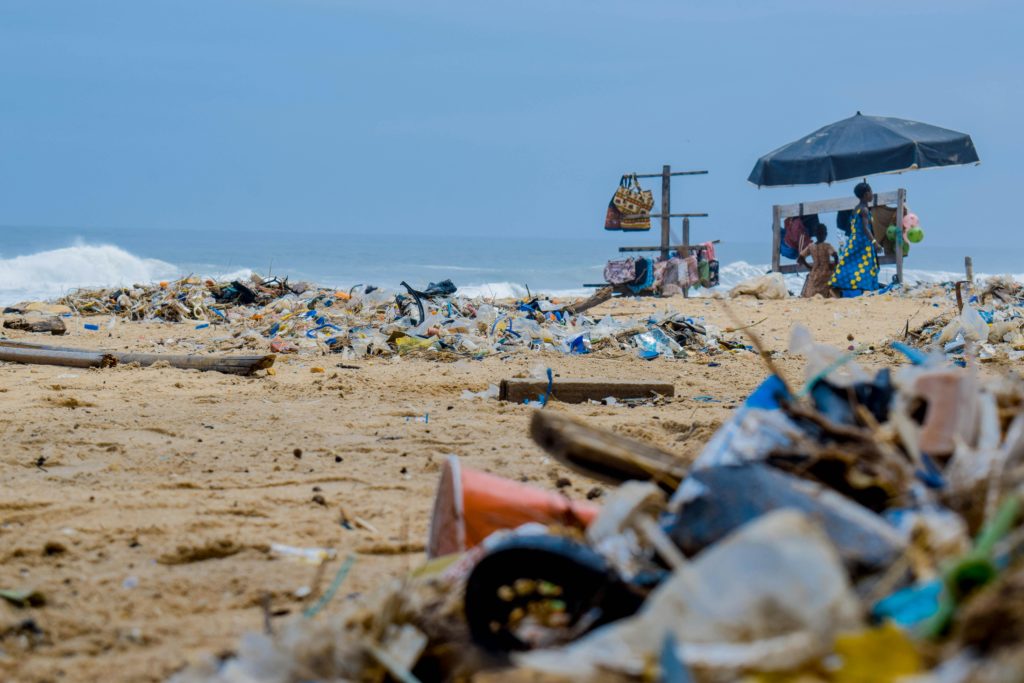Sustainability
- Home
- Sustainability
From plastic production to plastic waste disposal, each part of the process increases the pollution of the planet.
The “reduce, reuse, recycle” principle consists in minimizing waste generation through reducing consumption, reusing items, and recycling materials. While recycling and reducing plastic consumption are important, the most effective way to avoid plastic waste is to minimize or eliminate the production of new plastic in the first place.
Why is preventing plastic production the most efficient way to reduce the amount of plastic waste generated?

The Plastic Problem
The average time to biodegrade a plastic bottle is 450 years. This means that all the plastic produced in the world since ints invention in 1910 still exists and won’t disappear for another 350 years.
91% of plastic waste produced between 1950-2015 hasn’t been recycled.
Our reality today is that over 300 million tons of plastic are produced annually, and by 2040 this number is expected to be doubled.
In Europe, every person produces an average of 31 kg of plastic waste every year, and only 30% ends up being recycled.
Around 79% of plastic waste accumulates in landfills as litter. Over time, much of it ends up in oceans. The rest slowly decomposes and that pollutes the air and the ground. The actual numbers show that 8 million tons of plastic waste go annually to our oceans, and 25% of our plastic waste is incinerated in open air, which is a major source of pollution.

These numbers and data explain why focusing on reducing plastic production addresses the fundamental problem of plastic waste rather than just managing the symptoms.

The Solution: Don't choose plastic
Use alternatives to plastic and change habits – small personal choices that will make the difference in reducing plastic waste. Making these choices and applying them in the Hospitality sector will create a major positive impact on the environment your facilities are located at, while modeling to your clients that sustainable travel is possible without giving up on design, quality and comfort.

Real solutions,
no greenwashing
with us, you join the community
of like-minded professionals who are
committed
Committed to real change & ready to adopt new habits and standards.
collaborating
Implementing a change in operations and mindset, collaborating to impact our environment.
caring
Challenging the old established standards, leaving a legacy for future generations.

Our commitment
Green&Human and ISO 16128
Sustainability is not just a promise—it’s a practice. We validate our work through globally recognized certifications that prioritize transparency, natural ingredients, and environmental stewardship:
ISO 16128
We produce following ISO 16128 standards, ensuring a high % of natural ingredients in all our products.



